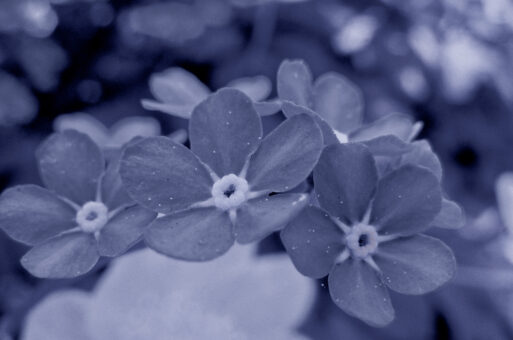“I’m so angry — I can’t forgive him for dying and leaving me,” whispered Amy. “Does that make me a bad person?”

Sweethearts since high school, Amy and Don had been inseparable, and married at age 20. Now, the future they had been constructing was quickly crumbling. Diagnosed with lung cancer just two years prior, Don was now close to death at the age of 32.
“He did this to us. I told him not to smoke and now he’s dying. We were supposed to grow old together, and now he’s leaving me alone.“ As her daughters, ages 7 and 9, entered the room, Amy turned her head away to muffle her cries and hide her tears in her newly folded stack of clean clothes.


 How Dare You Die Now!
How Dare You Die Now! Debating Medical Aid in Dying
Debating Medical Aid in Dying

 “Help Me, Helen”
“Help Me, Helen”
 Fourteen Quotes About Spirituality and Death
Fourteen Quotes About Spirituality and Death





















